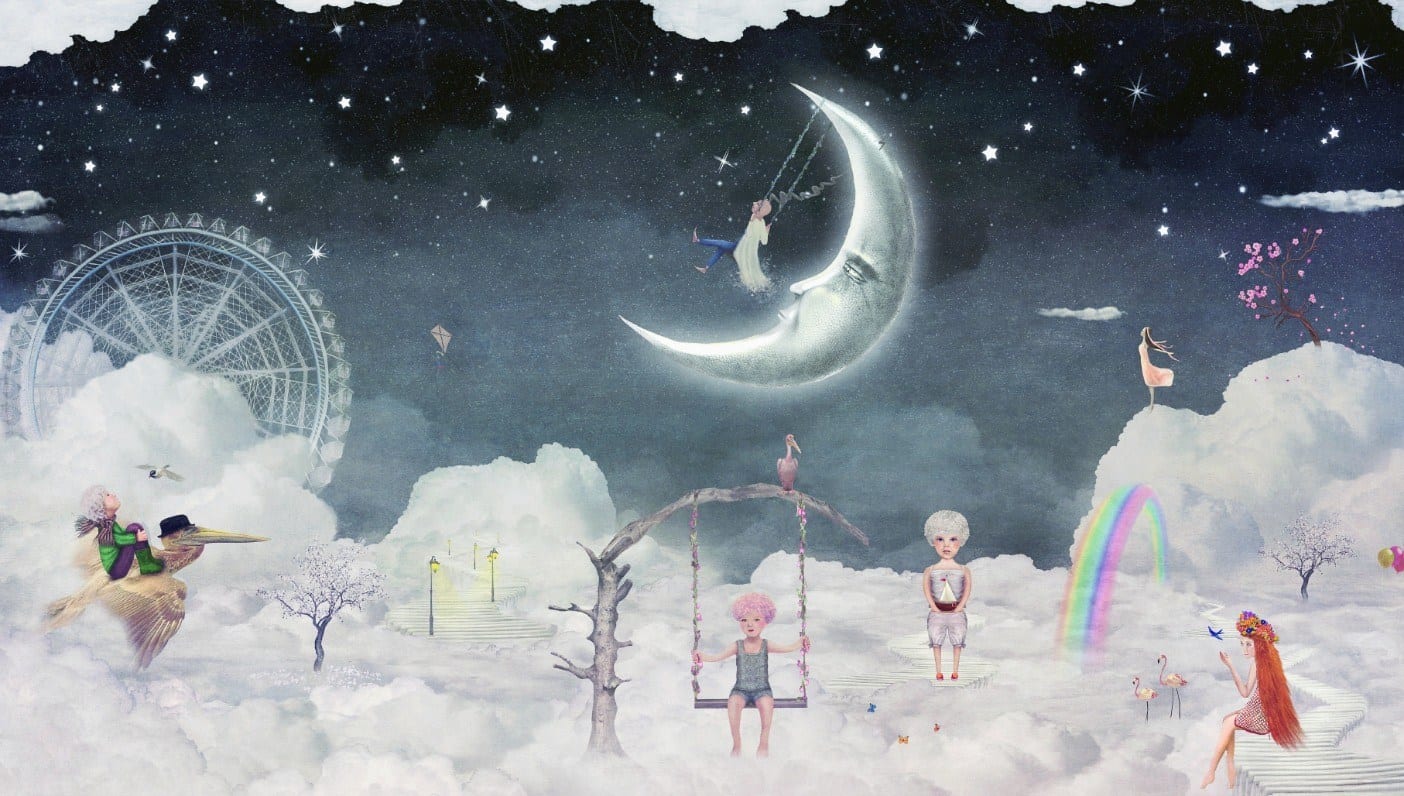New Research Sheds Light On The Dating Phenomena Of Ghosting
Boo.

For this study, researchers from the University of Vienna in Austria wanted to dig deeper into an understudied part of ghosting: ghosting in friendships. Namely, they wanted to look at why people ghost romantic partners versus friends, plus the impact it has on both the person who was ghosted, and the "ghoster" themselves.
To do so, they surveyed young people about ghosting and its impact, asking questions about communication overload, self-esteem, depressive tendencies, etc.
And based on the responses, there appear to be very different motivations for ghosting different people. Namely, participants reported ghosting romantic partners due to communication overload (as in, feeling like they were barraged by texts), while ghosting in friendship had more to do with self-esteem issues.
"Ghosting friends is predicted by one’s self-esteem," the study authors write, adding that most notably, "Ghosting others within romantic relationships did not yield any effects on well-being, whereas ghosting friends increased depressive tendencies over time, demonstrating that ghosting is not only harmful to those who are ghosted, but can also negatively impact those who ghost others."
So while the findings of this study are nuanced, it's clear that no one wins when ghosting is involved. And namely, if one of your friends is ghosting you, you might want to check up on them.
Knowing that ghosting friendships is correlated with an increase of depressive tendencies, the study authors note that further research is needed to explore the connection between mental health and ghosting. "Depending on the relationship ghosting occurs in, it is rooted in different antecedents and can have distinct detrimental effects for ghosters’ well-being," they add.

 KickT
KickT 
































